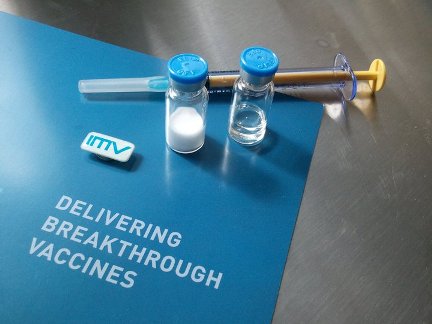
Recent news that Halifax-based Immunovaccine (TSXV:IMV) was pulling its proposed public financing due to market conditions could be a sign that the financing window for Canadian development-stage biotech companies is closing. If this is the case, those public and aspiring public Canadian biotech companies who hoped to raise money in the public markets, will be kicking themselves for missing the best biotech-financing environment in almost a decade.
To be clear, when speaking of the funding window closing, I am referring to biotech companies that are exclusively developing drugs not those who are commercializing drugs or developing medical technology. Here in Canada we tend to use the label “biotech” too liberally. Medtech companies like, Novadaq (TSX:NDQ, Nasdaq:NVDQ) and Titan Medical (TSX:TMD), or specialty pharma companies like Knight Therapeutics (TSXV:GUD) and Concordia Health (TSX:CXR), are not biotech. The Canadian public markets has traditionally been supportive of specialty pharma, and to a lesser degree medtech, but have demonstrated very little appetite for pure-play biotech.
In general terms, Canadian biotech companies have survived by taking what little money the Canadian markets would give them, not the amount they truly wanted or needed. Consequently, the sector has been woefully undercapitalized.
In general terms, Canadian biotech companies have survived by taking what little money the Canadian markets would give them, not the amount they truly wanted or needed. Consequently, the sector has been woefully undercapitalized, especially relative to its U.S. peers. Most Canadian biotech companies aspire to find funding south of the border where the institutional appetite and cheque books are bigger. So when U.S. institutions, after fueling a 2 year biotech bull market in that country, started looking north of the border late last year for undervalued opportunities, a number of Canadian development-stage companies smartly seized the opportunity to raise substantial money.
Stem Cell Therapeutics (TSX:SSS), Lorus Therapeutics (TSX:LOR), Aurinia Pharmaceuticals (TSXV:AUP) and Cynapsus Therapeutics (TSXV:CTH) each raised $25 million or more during the last six months. By Canadian biotech standards these are sizable financings. Although some of capital in these fundings would have come from Canadian institutions, in aggregate, the vast majority was from the U.S. These companies are now cashed up and therefore out from under the chronic financing overhang that so often plagues Canadian biotech. They can invest in their products and pipeline independent of the capital markets, an uncommon luxury for most Canadian biotech companies.
Over the past few months, the U.S. small cap biotech market has experienced a pretty remarkable correction. Not surprisingly, this correction has impacted Canadian biotech and their ability to finance.
Over the past few months, the U.S. small cap biotech market has experienced a pretty remarkable correction. Not surprisingly, this correction has impacted Canadian biotech and their ability to finance. The news that Immunovaccine pulled its proposed financing shouldn’t come as a big surprise, as they were likely counting on some degree of U.S. institutional support. DiaMedica (TSXV:DMA), another biotech company, recently amended its public offering from straight common shares to a unit, in order to incentivize participation. These pulled and amended financings shouldn’t necessarily be viewed as reflecting negatively on the companies and/or their technologies; rather they are a clear indication of fleeting investor interest for Canadian development-stage biotech.
Regardless of the finance climate, publicly traded Canadian biotech is much better positioned today then in years past. The number of companies with $20 million or more on their balance sheet has more than doubled compared to last year.
This could be just a temporary cooling of investor appetite for Canadian development-stage biotech, and maybe in a few weeks or months the finance window will re-open. If it does re-open, there will certainly be a stampede of Canadian companies who will attempt to tap the market for money.
Regardless of the finance climate, publicly traded Canadian biotech is much better positioned today then in years past. The number of companies with $20 million or more on their balance sheet has more than doubled compared to last year. These companies have the capital to push their clinical programs ahead and generate data, which in the end is what truly drives value in the biotech sector.
____________________________________________________________________________________________________________
Leave a Reply
You must be logged in to post a comment.






 Share
Share Tweet
Tweet Share
Share




Comment